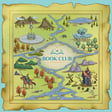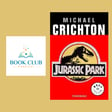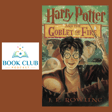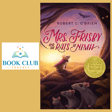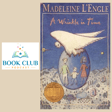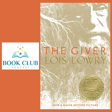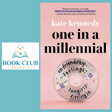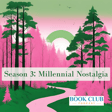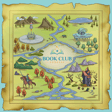
The Princess Bride by William Goldman Book Club
In this episode of the Book Club Podcast, Carly, Margaret, and David delve into The Princess Bride by William Goldman. The discussion ranges from character connections, gender dynamics, and the significance of storytelling within stories, to the cultural impact and enduring nostalgia of the film. They also share their perspectives on the possibility of remaking the beloved movie and reflect on the broader genre themes present in both the book and film.
Subscribe to our email newsletter on Substack: https://bookclubpod.com/ and be sure to follow us on Twitter and Threads!
Timestamps of conversation topics:
00:00 Quote from The Princess Bride
00:52 Personal Histories with The Princess Bride
02:19 Summary of The Princess Bride
07:12 Opening Question on Storytelling
15:28 The Love Story and Ripple Effects
25:42 Buttercup Redemption
28:55 Max and Valerie: A Model Couple
32:53 Bill's Midlife Crisis and Reflections
36:01 Wesley Didn’t Age Well
37:20 The Miracle Pill and Screenwriting Influence
39:19 Millennials and DVD Extras
42:41 Exploring Genuine Connections
45:25 Female Characters in The Princess Bride
50:07 Adventure and Genre Themes
54:25 Never Remake The Princess Bride
57:25 Final Thoughts and Millennial Nostalgia
